In his book, Vyacheslav Nikonov shows the origins of the modern world and traces the chronologies and histories of peoples and countries. Nikonov discusses the main centers of influence and forces that shape the world in which we live. The world demonstrates a variety of development models shaped by the national, regional, historical, religious and other aspects of each country. The center of gravity of world development is shifting from West to East, from North to South, from developed economies to developing ones. Thirty years ago, Western countries accounted for 80% of the world economy; now it is less than half. Asia, already home to most of humanity, will become a global leader in the coming decades. What does this mean? What will the world be like and what place will Russia take in it? Will American hegemony continue? Will China become a superpower? Will Europe become a museum for tourists from other continents? History has resumed its course and the world is rushing towards an unstoppable diversity.
Published with the support of the Institute for Literary Translation, Russia.
Glagoslav Publications neither shares nor assumes responsibility for author’s political and other views and opinions as expressed in or interpreted from this book.
[real3dflipbook id=’125′]
Only logged in customers who have purchased this product may leave a review.
Author
Born on June 5, 1956 in Moscow, Vyacheslav Nikonov graduated from the History Faculty of Moscow State University (MSU) in 1978. He taught Modern and Contemporary History at MSU from 1978 to 1989. While there, he was awarded a PhD in History in 1982 and received a second Doctoral degree in 1989. Between 1989 and 1991, Nikonov worked at the Central Committee of the Communist Party of the Soviet Union, first as an assistant to the Head of the USSR Presidential Administration, then as an assistant to the Head of the KGB. Since 1992 he has worked for the Reforma foundation, established by the academician Stanislav Shatalin, and taught at the California Institute of Technology (Caltech); he also established the Politika foundation. He served as an MP of the State Duma of the first convocation between 1993 and 1995, and later as Chairman of the Committee of Education of the State Duma of the sixth convocation (2011-2016). Since 2016 Nikonov has been Chairman of the Committee of Education and Science of the State Duma of the seventh convocation, Chairman of the Executive Board of the Russkiy Mir foundation, and Dean of the School of Public Administration at MSU. He has been President of the Polity and Unity for Russia foundations, and a member of the Presidium of the General Council of the United Russia political party. He is the grandson of the renowned Soviet politician and diplomat, Vyacheslav Molotov. Nikonov has authored more than 1,200 publications.
Endorsements and Review Quotes
The Code of Civilization is “a lengthy, thorough, and wide-ranging work of political and economic analysis that yields much valuable information, while also providing some interesting food for thought by challenging many of the narratives that continue to persist in Western intellectual circles. Nikonov’s work reminds us of the importance of taking a truly global view when assessing the world’s current dynamics, and provides some sobering critiques of the Western world’s current malaise.” Brandy Harrison, Russophile Reads
“That the book was written for a Russian audience (the 2015 edition was subtitled ‘What awaits Russia in the world of the future?’) is perhaps enough reason to read it. If nothing else, the publication of Huw Davies’s (fluent and easy-to-read) translation makes accessible at least one strain of thought—from someone whose curriculum vitae in academia, government and politics ticks all the boxes necessary to write a book of this kind—that is rarely available in English.” Peter Gordon, Asian Review of Books
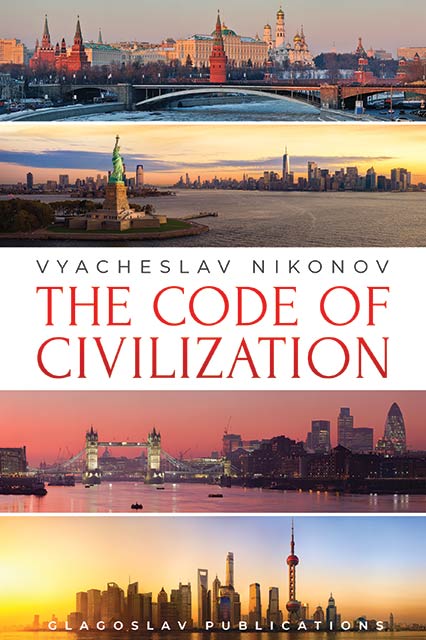
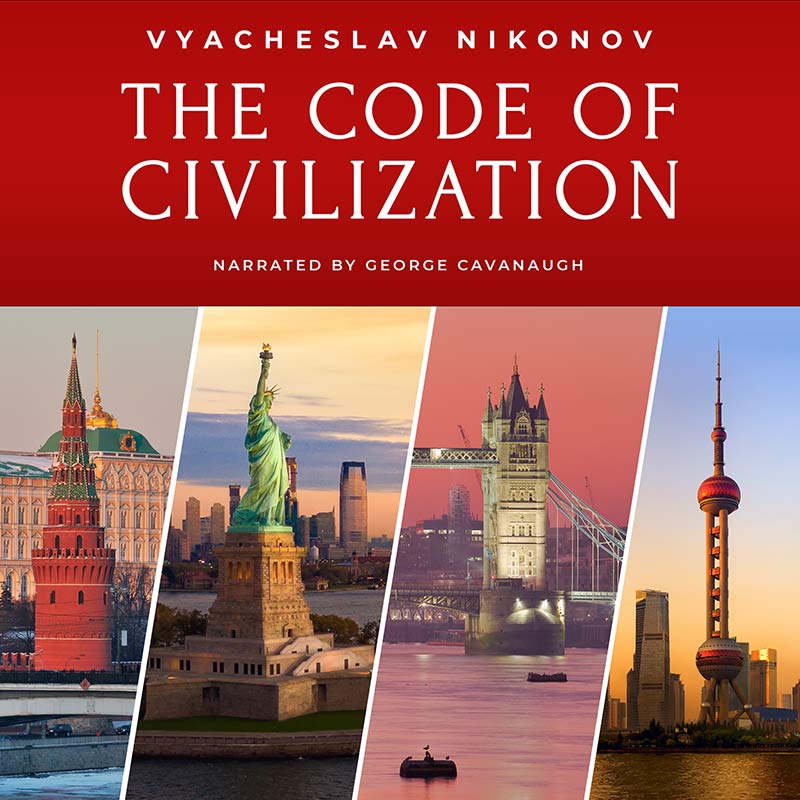

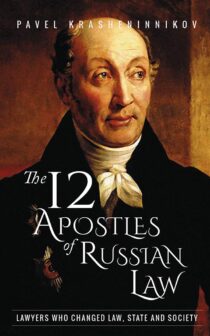
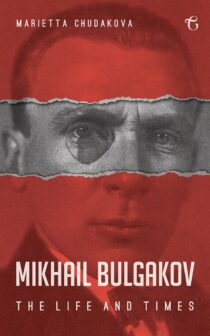
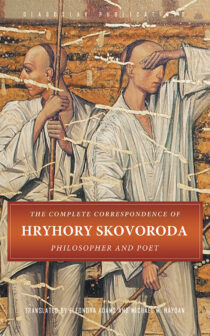
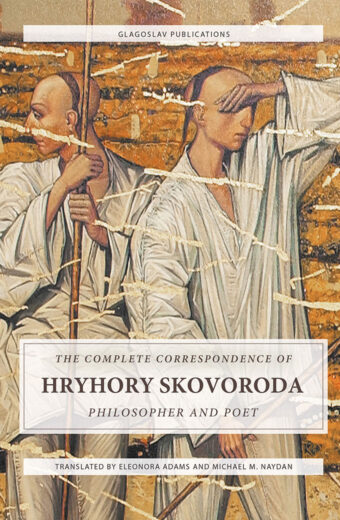
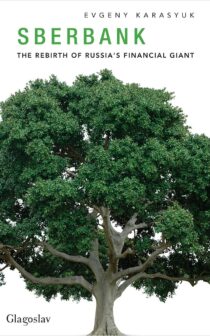
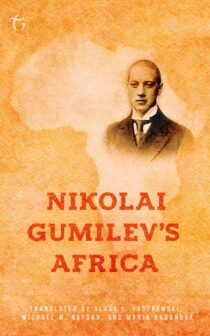
Reviews
There are no reviews yet.